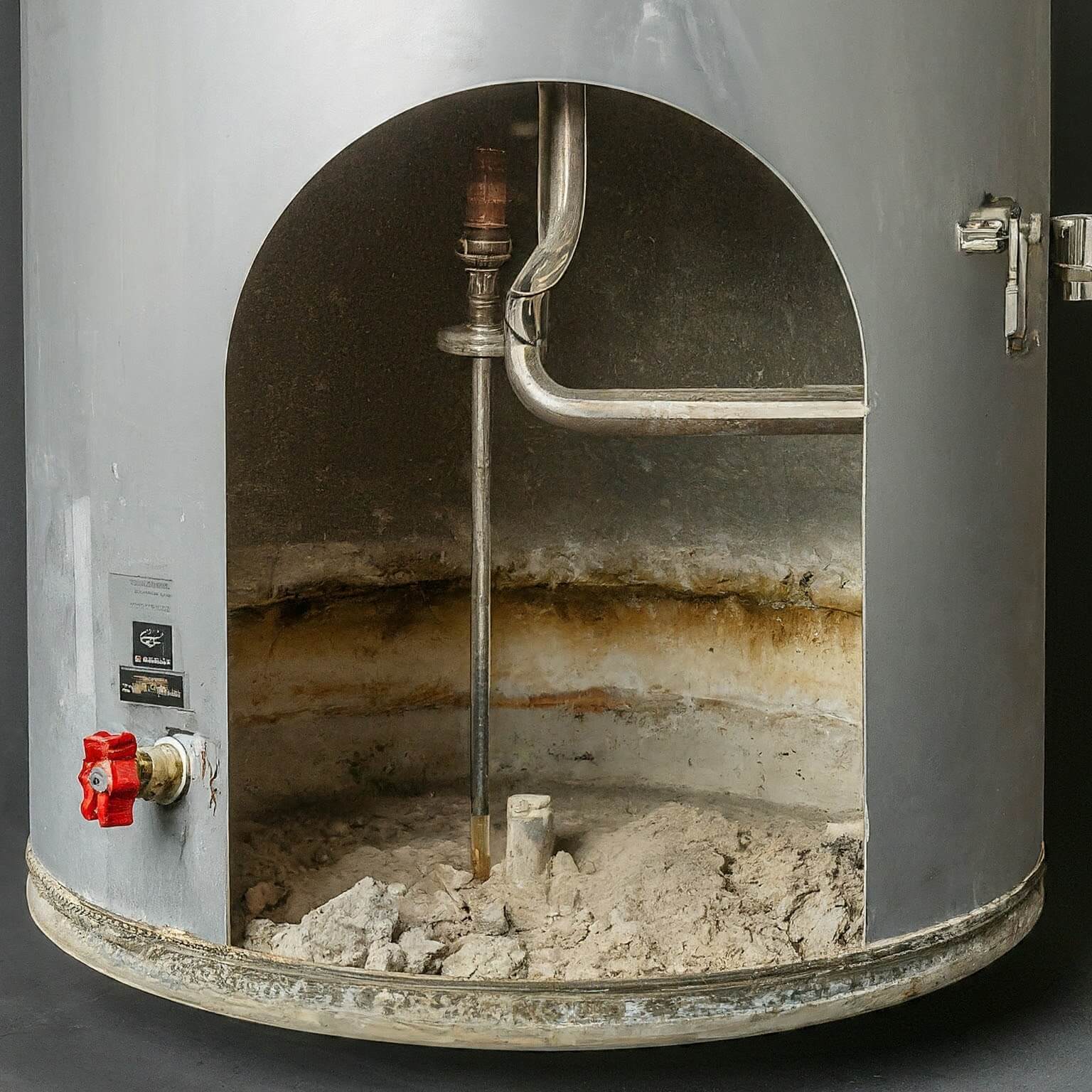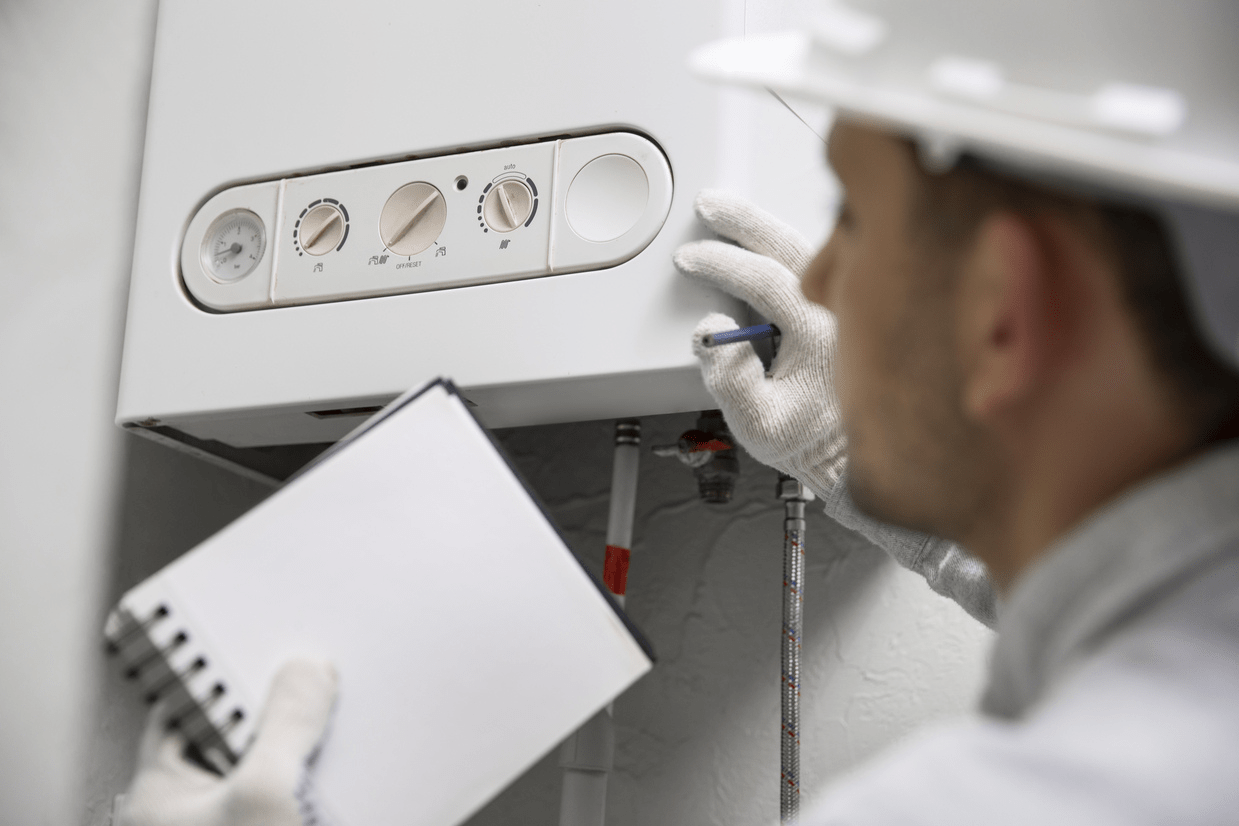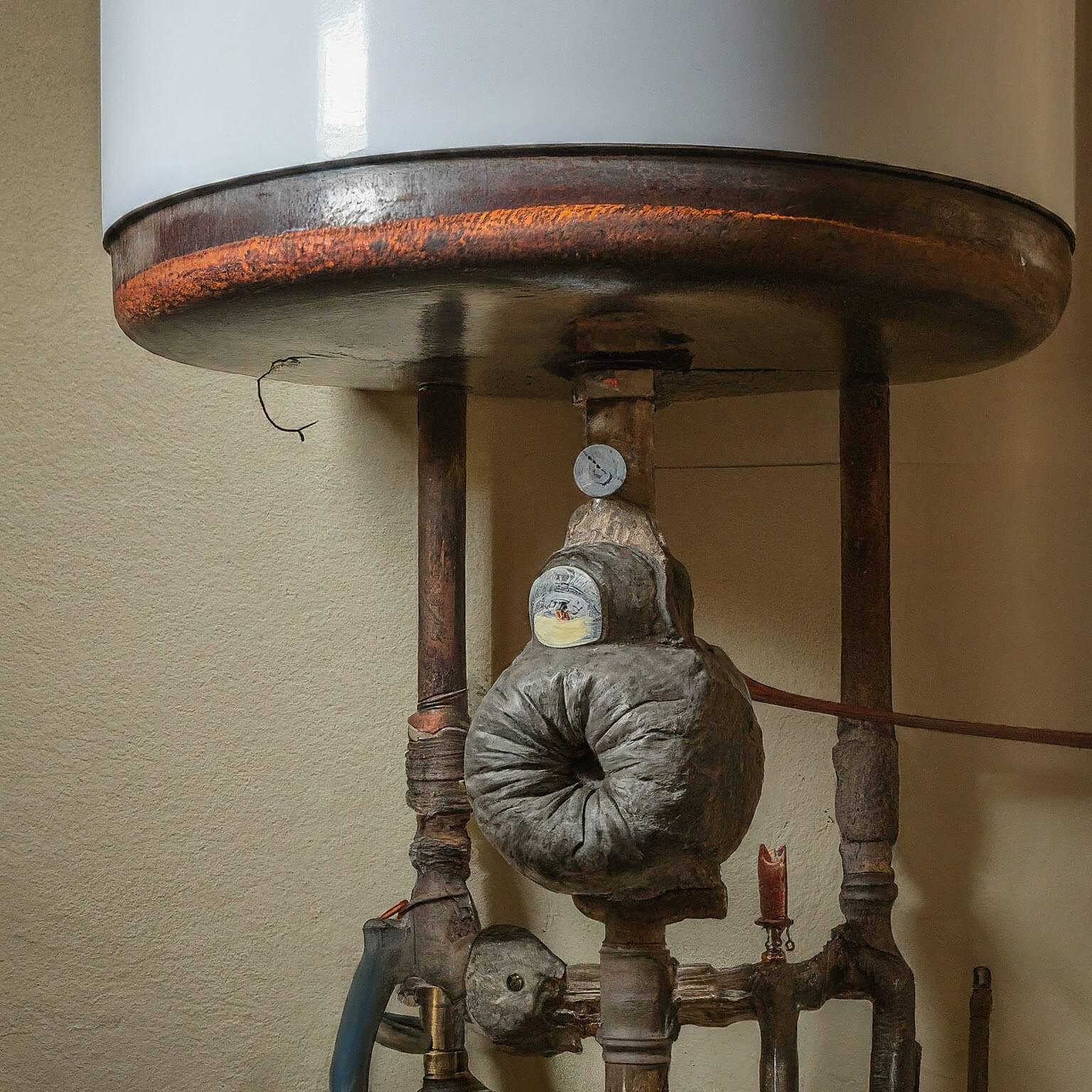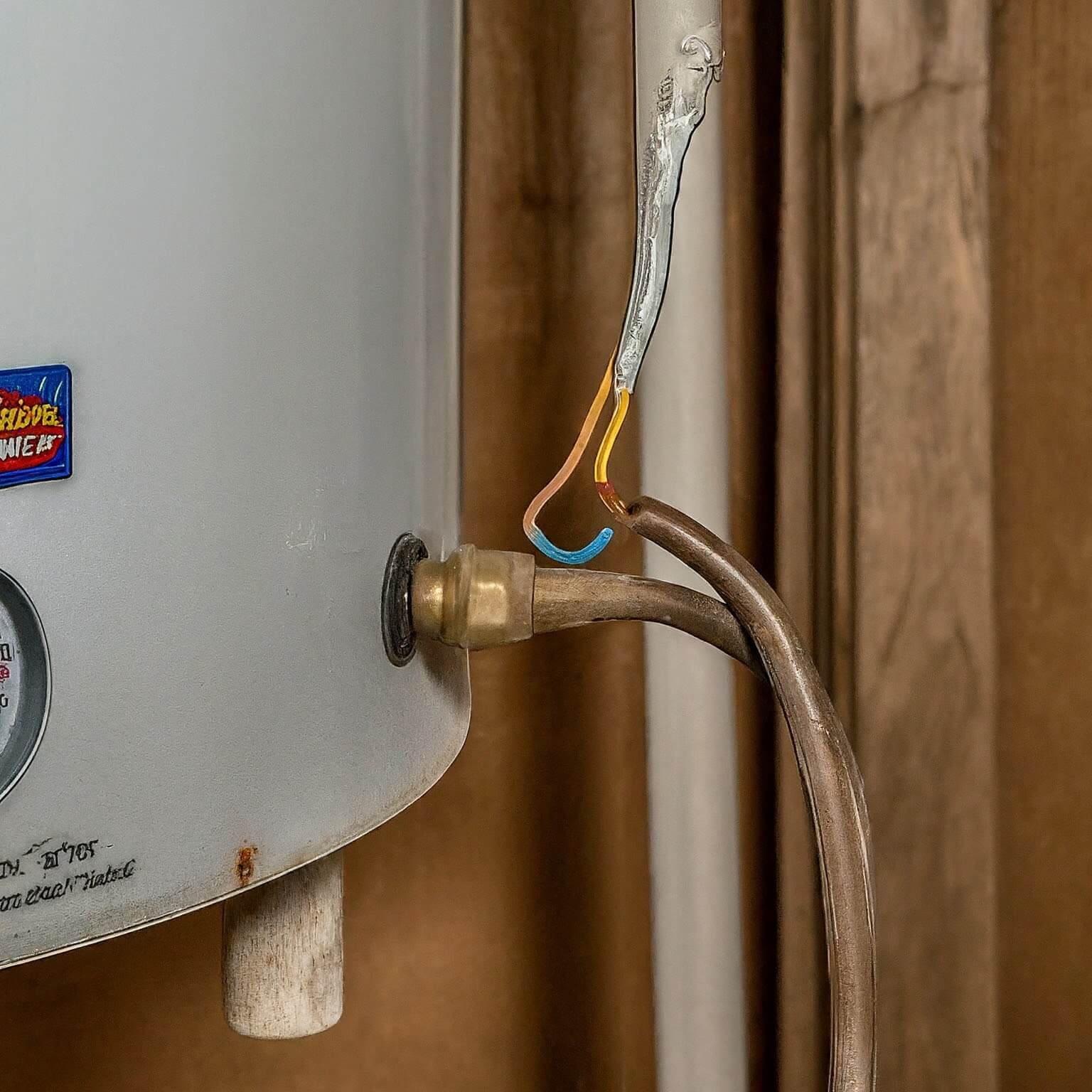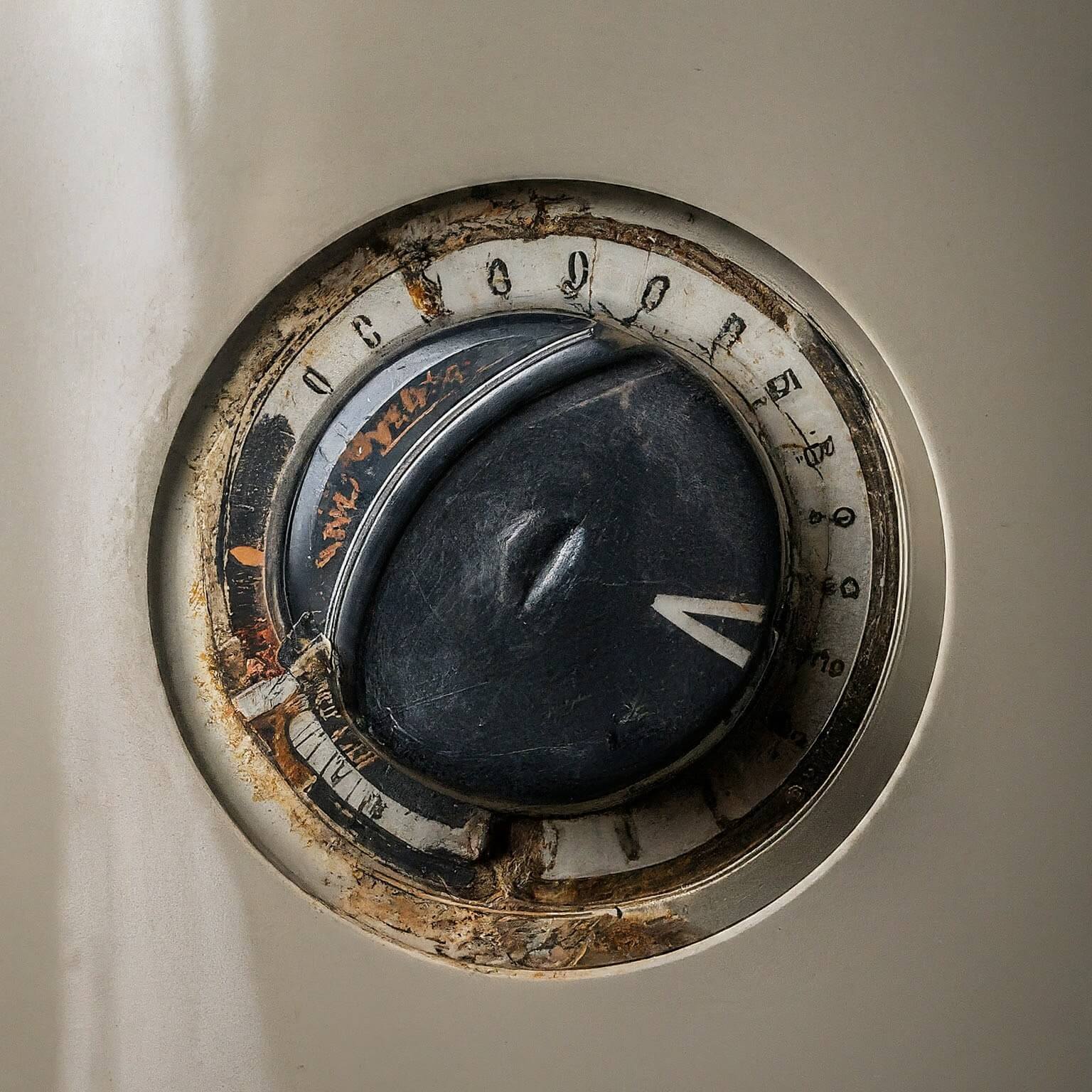Why My Water Heater Keeps Shutting Down And How To Fix It
Ever felt the icy grip of a suddenly cold shower? Blame it on your water heater for throwing tantrums. If your system keeps shutting down, it’s likely causing a significant inconvenience, especially if you rely heavily on hot water for daily tasks like showering, cooking, and cleaning.
Ignoring this issue can lead to further inconveniences and potentially damage your water heater. But fear not, we have listed the major causes to help you understand why your water heater is acting up and some quick and effective ways to fix it.
Common Causes of Water Heater Shutdowns
Here are five common culprits behind water heater shutdowns and their DIY fixes:
1.Sediment Build-Up
Over time, minerals and sediment accumulate at the bottom of your water heater tank, forming a thick layer that interferes with heating efficiency. This build-up can trigger overheating, leading the water heater to shut down as a safety measure.
DIY Fix
Drain and flush the tank to remove sediment. Start by turning off the power or gas supply to the water heater. Next, connect a garden hose to the drain valve at the bottom of the tank and direct the other end to a drain or outside area. Open the valve and let the water flow until it runs clear, indicating that sediment has been flushed out.
2.Pilot Light Issues
A malfunctioning pilot light is a common culprit behind sudden shutdowns in gas-powered water heaters. A pilot light that won’t stay lit or keeps going out can disrupt the heating process, leaving you with cold water.
DIY Fix
Check for a faulty thermocouple or dirty pilot orifice. Begin by relighting the pilot according to the manufacturer’s instructions. If it won’t stay lit, the thermocouple may need replacement. Clean the pilot orifice using compressed air or a small brush to remove any debris obstructing the flame.
3. Pressure Relief Valve Malfunction
It is a crucial safety component that releases excess pressure inside the water heater tank. If the valve malfunctions or becomes stuck, the water heater may shut down to prevent potential overheating and damage.
DIY Fix
Test the pressure relief valve by lifting the lever briefly to allow a small amount of water to escape. The valve works correctly if water flows freely and stops when you release the lever. If not, try flushing the valve to remove any debris causing it to stick. If the problem persists, consider replacing the valve.
4. Electrical Issues
For electric water heaters, electrical problems such as faulty wiring, tripped circuit breakers, or blown fuses can cause sudden shutdowns. These issues disrupt the flow of electricity to the heating elements, preventing them from functioning correctly.
DIY Fix
Check the circuit breaker or fuse box to ensure power reaches the water heater. If a breaker has tripped or a fuse has blown, reset or replace it as needed. Inspect the wiring connections to ensure they are secure and free from damage. If you suspect a faulty heating element, use a multimeter to test for continuity and replace it if necessary.
5. Thermostat Malfunction
A malfunctioning thermostat can prevent the water heater from reaching the desired temperature, causing it to shut down prematurely. This issue may result from a faulty thermostat sensor or calibration error.
DIY Fix
Test the thermostat by adjusting the temperature setting and monitoring the water temperature. The thermostat may need recalibration or replacement if the water fails to reach the set temperature or fluctuates significantly. Consult the manufacturer’s instructions for guidance on adjusting the thermostat settings or replacing the unit.
Seeking Professional Assistance
If you’ve exhausted all DIY solutions and your water heater stubbornly refuses to cooperate, it’s time to enlist the help of professional technicians. Here’s why professional assistance may be necessary:
Complex Issues: Despite your best efforts, some water heater problems may require specialized knowledge and equipment to diagnose and repair. Experienced professionals should handle complex issues such as internal component failures or gas line leaks to ensure safety and effectiveness.
Safety Concerns: Working with water heaters involves handling gas, electricity, and pressurized water systems, which pose potential safety hazards if mishandled. Professional technicians are trained to adhere to strict safety protocols and regulations, minimizing the risk of accidents or injuries during repairs.
Manufacturer Warranty Coverage: If your water heater is still under warranty, attempting DIY repairs or hiring unqualified technicians may void the warranty coverage. Professional technicians authorized by the manufacturer can ensure that repairs are conducted according to warranty guidelines, preserving your coverage and saving you money on replacement parts or labor costs.
Home Warranty Protection: Homeowners who have purchased a home warranty plan can benefit from additional coverage for water heater repairs or replacements. Home warranty companies typically provide access to a network of qualified service providers who can quickly diagnose and resolve issues with covered appliances, including water heaters.
By leveraging your home warranty coverage, you can enjoy peace of mind knowing that unexpected breakdowns are handled promptly and affordably.
If you don’t already have a home warranty, read on to learn more about the best companies that offer water heater coverage.
Top Home Warranty Companies For Water Heater Coverage
Several home warranty companies offer comprehensive coverage for water heaters, providing peace of mind and financial protection against unexpected breakdowns or repairs. Here are some top home warranty companies known for their quality water heater coverage:
| Company | Plans | Coverage | Maximum Limits | Deductibles | |
| Elite Home Warranty | Elite Systems and Elite Complete | All components and parts, including tankless water heaters, control boards, thermostats, heating elements, gas valves, safety valves, pressure switches, vent pipes and lines, burners, pilot, and ignition module | Up to $2000/year | $0 – $70 | |
| American Home Shield | ShieldSilver, ShieldGold, & ShieldPlatium | All parts and components, including tankless water
heaters and circulating pumps |
Up to $5000/year | $100 – $125 | |
| Choice Home Warranty | Basic Plan and Total Plan | All parts and components, including tankless water heaters and circulating pumps | Up to $3000/year | $75 – $125 |
Frequently Asked Questions (FAQs)
Why Did My Hot Water Heater Randomly Stop Working?
Water heaters can stop working for various reasons, including sediment build-up, pilot light issues, thermostat malfunctions, electrical problems, or pressure relief valve malfunctions.
How Do I Reset My Water Heater?
To reset your water heater, turn off the power supply (electric) or gas supply (gas) to the unit. Then, locate the reset button or switch on the water heater control panel and press or flip it. Wait a few minutes before restoring the power or gas supply and testing the water heater.
How Do You Know If Your Water Heater Thermostat Is Bad?
If your water heater fails to produce hot water or the water temperature fluctuates significantly, it may indicate a faulty thermostat. Other signs include water that is too hot or not hot enough, inconsistent heating, or the water heater shutting off prematurely. Testing the thermostat with a multimeter can help confirm its functioning correctly, or contact a qualified technician near you.
